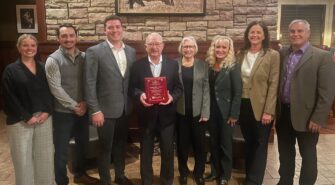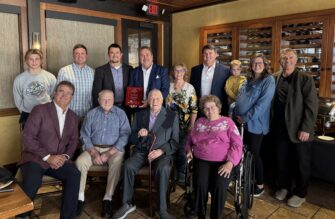Preeminent thought leader on generational wealth to share insight at family business conference
Recent News
From southeast S.D., family grows business into sheep equipment industry leader
Posted in PFBA, Success Stories | September 28, 2022
John and Doralee Lynch had decided to give it five years.
“I told my wife, if we can’t make this go in five years, I guess I’ll have to do something different,” Lynch said. “I always call it cutting the umbilical cord because we were on our own.”
A self-described sheep industry lover born into a swine family, Lynch had grown up in a family farm business. The family raised corn, alfalfa, soybeans, swine and sheep. In 1980, they incorporated as Sydell Inc. and began to manufacture swine equipment, and Lynch had the idea to add sheep and goat equipment.
“I always had a love of the sheep industry,” said Lynch, who’s also an Air Force veteran and credits that for helping him in business. “And I was always dreaming of new products that might work for me to help our industry and with our flock, and from there, it more or less developed.”
In 1987, after a lifetime of farming with family, John and Doralee Lynch made the bold decision to separate from the family farm. They purchased the manufacturing business from the rest of the family and decided to focus on sheep equipment manufacturing. At that moment, the five-year countdown began.
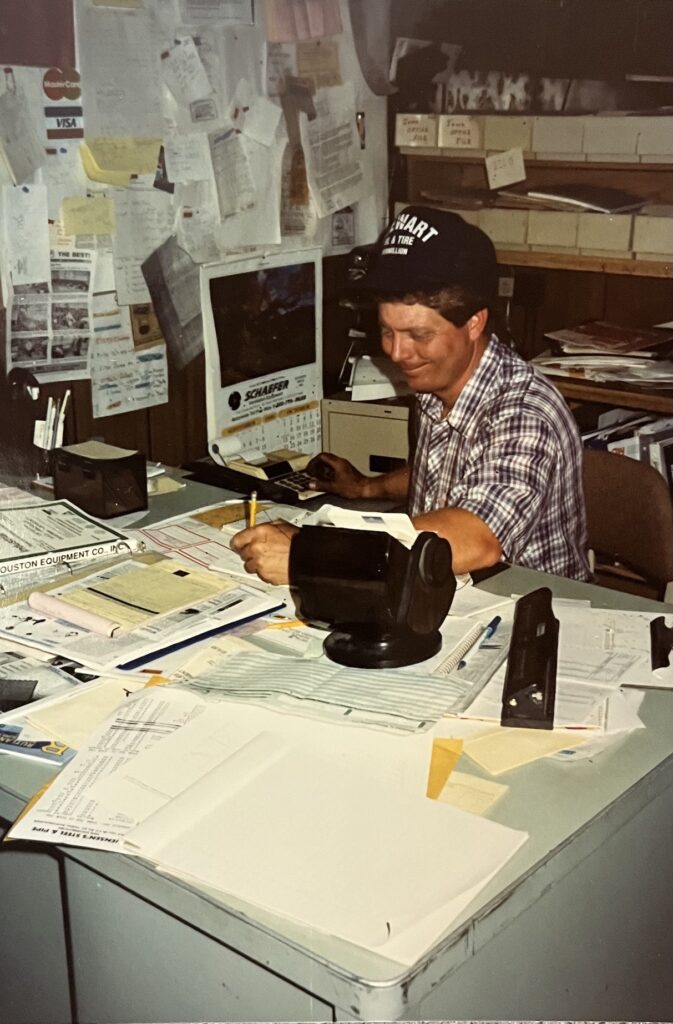
“It was hard,” he said. “We hired a couple people to help with the manufacturing, and there were a lot of long weekends going to shows across the U.S. We had to plant the seeds for the name Sydell.”
Those seeds have germinated into a business — located near Burbank in southeast South Dakota — that has become a national leader for the sheep and goat industry.
“We serve not only farmers, ranchers and hobbyists, but we also associate with many ag universities throughout the United States, special research facilities that use sheep and goats, and there’s a real long list of companies and colleges and well-known sheep and goat producers we work with,” Lynch said.
“I have had a special team in a small facility, people who work hard and several who have been there more than 20 years, and that’s been the key to keep our business going and our products going out the door.”
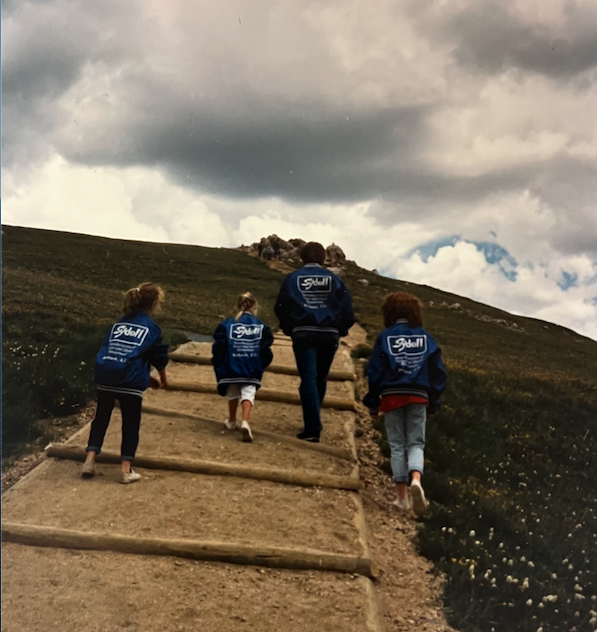
Timing also has been on Sydell’s side. As Lynch was creating sheep equipment with unique features, the industry itself was taking off nationwide.
“Even though South Dakota was home, the bulk of the customer base was outside of South Dakota. The central location allowed us to get to shows out West and East where people were showcasing higher-end breeding stock,” said Stephanie Taylor, the Lynches’ daughter, who grew up in the family business with her two sisters, Melissa and Krystal.
“My dad really is an engineer without an engineering degree, so it was about ideas meeting timing and market needs, and that really was what they perfected.”
The girls grew up in the business – “every vacation was to a sheep or goat show riding in the back seat of the pickup,” Taylor said, while they credit their mother with helping form the business into an extended family.
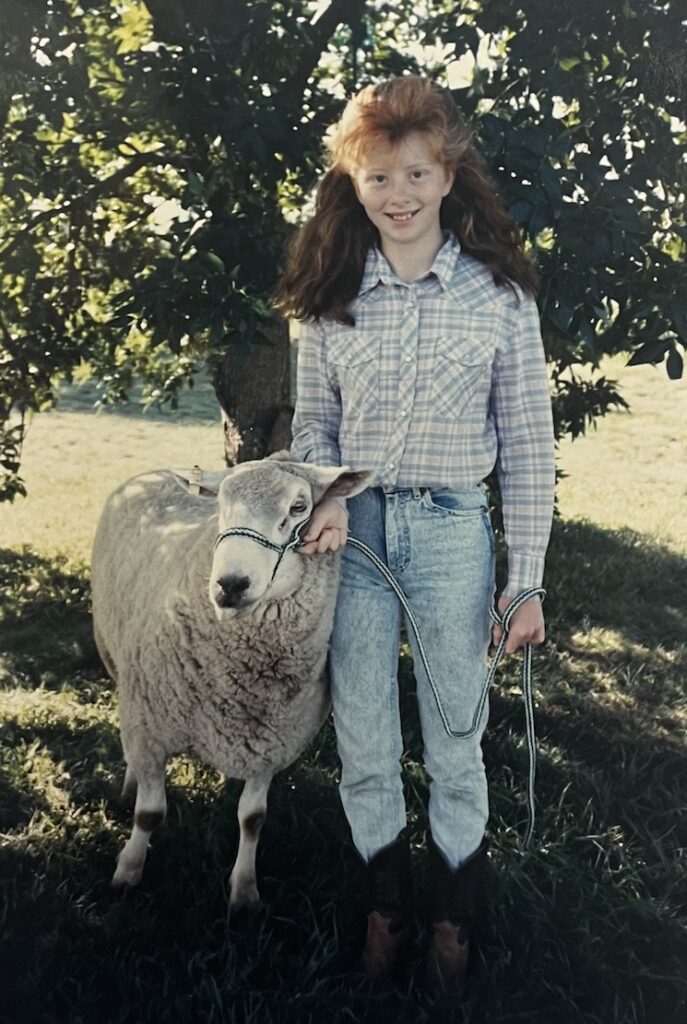
“I just did what I needed to do, between keeping the books and making a cake for the guys on their birthdays to learning how to drive a truck,” Doralee Lynch said. “We always prayed it would work, but John also was always figuring out we needed more eggs in the basket, different kinds of eggs, and I think that’s what helped. You can’t just do one thing.”
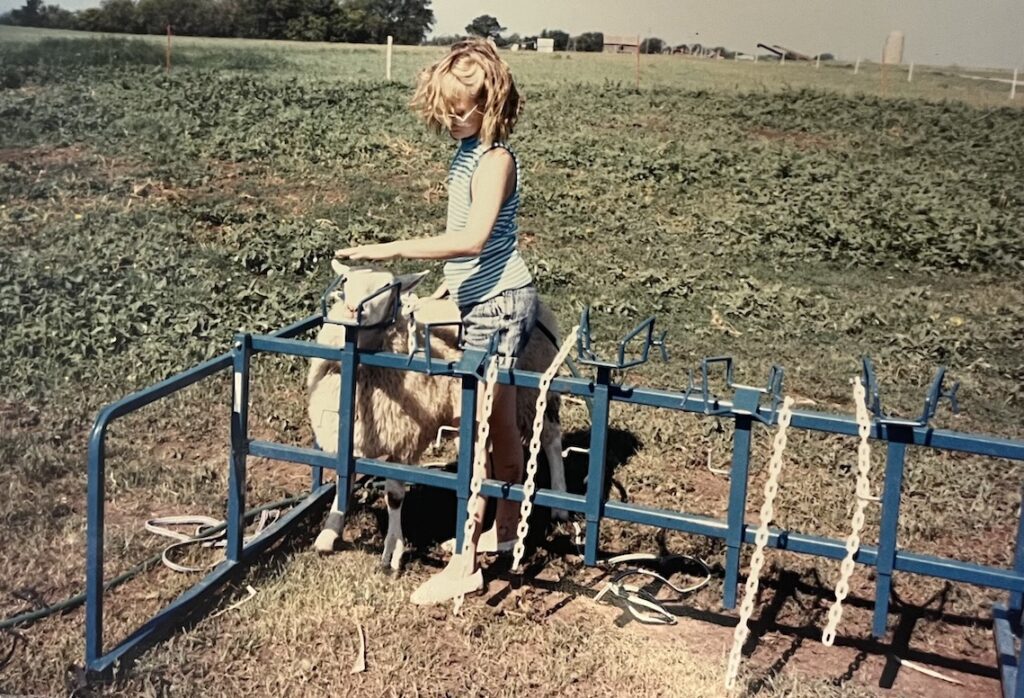
What began as a small metal building and trailer house now has grown to a 28,000-square-foot headquarters. There are fewer than 20 employees, and many range in service from 10 years up to 37 years. All the components, other than plastic wheels and nuts and bolts, are produced in-house.
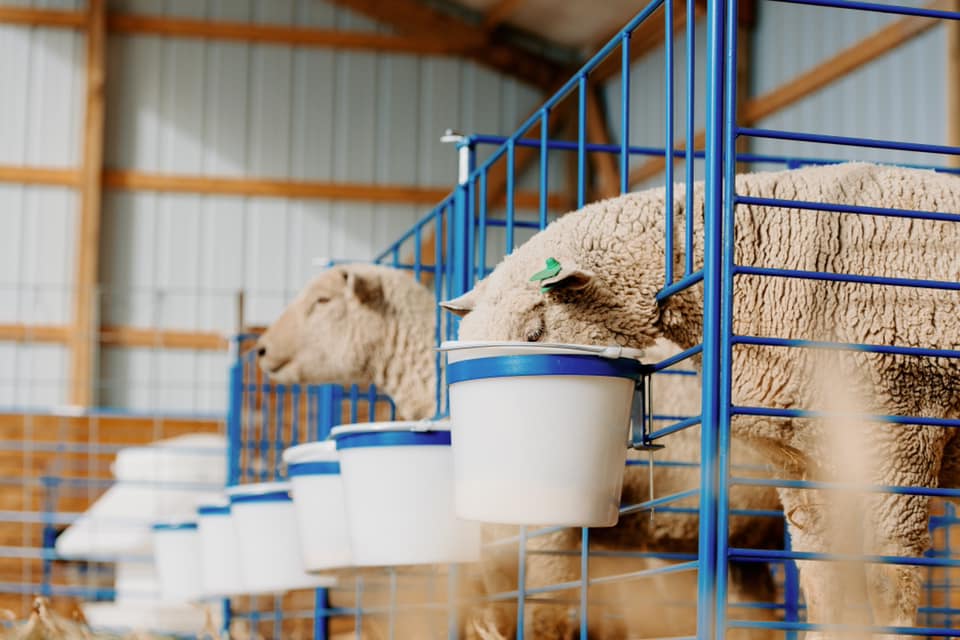
“We cut all the steel products,” Lynch said. “A couple services are outsourced, but other than that, it’s soup to nuts, done in-house.”
Next generation
While there were offers to sell Sydell over the years, both Taylor and her sister Melissa Dalton recently returned to South Dakota to begin taking on roles in the business.
“When they said they’d love to come back and continue the business, that was a big weight off my shoulders,” Lynch said. “They have some great ideas and are bringing expertise in marketing and e-commerce, and it has really helped.”
Taylor, who is a music industry attorney, returned to South Dakota a year ago from Nashville, where she built a law practice representing artists, songwriters and music industry entrepreneurs.
“The pandemic taught me I needed my phone and computer, and with that, I can continue to operate my law practice from anywhere,” she said. “I’m balancing essentially two full-time businesses now but small-town life has been a blessing.”
With Sydell, the website has been revamped and optimized for e-commerce, and “We’re working really hard to implement a process for inventory management that is more streamlined,” Taylor said. “It’s not always easy to make change, but we know it has to happen. I’m learning every day, and everyone is bringing new ideas to the table.”
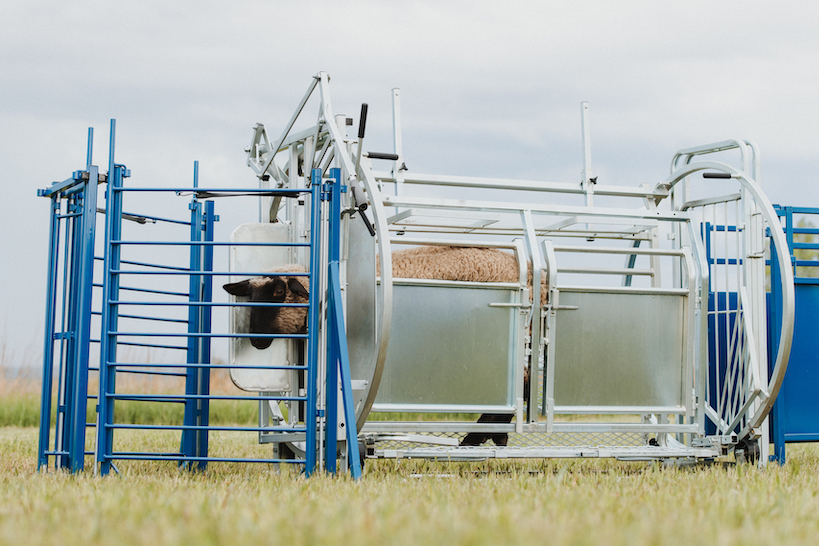
Taylor spent her first year back observing her father, “and you can only have one head of this monster taking over,” Dalton said. “With this transition, you can’t listen to too many voices at once. So Steph took the first year to watch Dad, and now we’re in the process of the team starting to implement the changes we want to see happen. Steph is the voice of the machine right now.”
While Lynch remains CEO, Taylor is COO and CFO, and it has gotten to the point where Lynch jokes that “if I show up, Steph says ‘Dad, what are you doing here?’”
Dalton and her family recently moved back from Boston after two decades of moving around for her husband’s career as an Army colonel.
“My background is in marketing and advertising, and we always wanted to come back and be part of Sydell, and now it’s the right time,” she said. “I’m really starting over and excited to get back into the sales part of the industry and traveling to the shows and expos. So much has evolved, and there’s so much to learn, so I’m trying to get updated as much as I can and bring that knowledge to Stephanie.”
Her husband’s managerial expertise is helpful as an adviser, and Taylor’s husband is able to run his business in South Dakota.
“We’re a family company serving family companies,” Dalton said. “I think we’ve been embraced by the industry because of it – we want to give families a safer way to do their work, and our equipment is all about making sheep producers’ lives easier.”
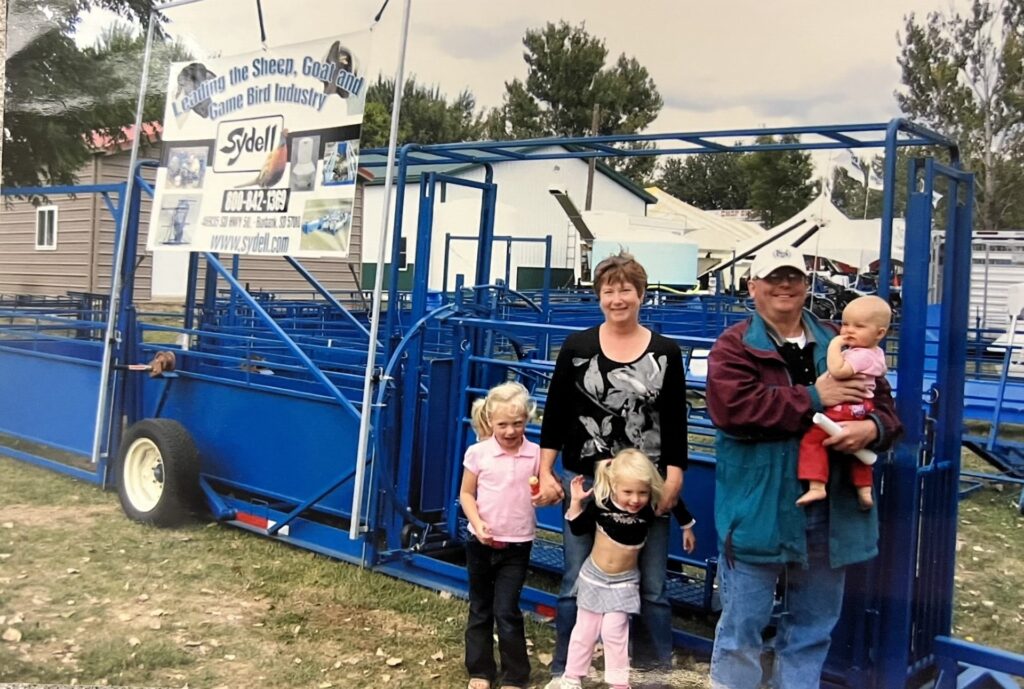
Sydell also is a new member of the Prairie Family Business Association and attended the annual conference for the first time this year.
“Melissa was still out East, so she participated virtually, and Dad and I attended in person, and Mom joined us for a reception, and we really enjoyed seeing so many family businesses in South Dakota and across the country,” Taylor said. “We all had the same lessons to learn, and it was inspiring. I don’t think my dad had ever had an experience like that, and it was a good way for us to talk about things we needed to talk about and also learn we had been doing a lot of things right by learning and talking to other professionals.”
The family left with ideas for “how to take this into the next 20 years of operating, with other people to call on and connect with, so we’re excited to use that as a resource,” she said. “We’re a unique company in what we make but not unique in the challenges we face, and it was good to see other companies going through that as well. We’re fully aware more next generations don’t make it, but we’re up for the challenge and think we can operate it.”
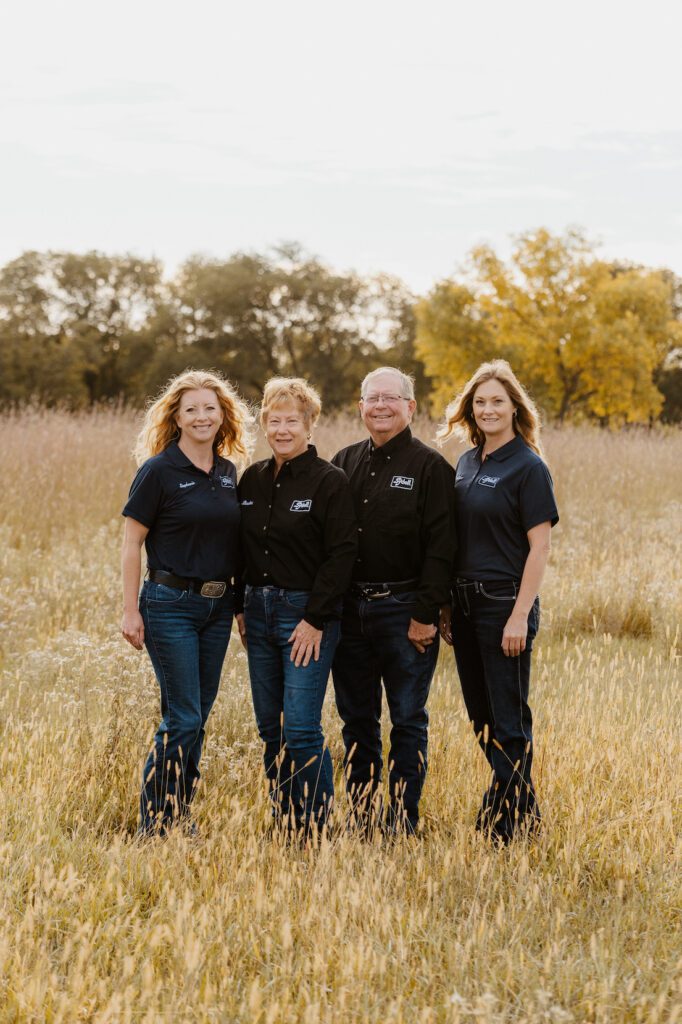
The Lynch family proved an immediate fit for the association and its resources, said Stephanie Larscheid, executive director of the Prairie Family Business Association. “Stephanie and Melissa have stepped fully into membership and all that Prairie Family Business Association can offer their family business,” she said. “We look forward to being a part of their family business journey through growth and transition.”
The big benefit of transitioning to the family business has been its effect on their families, the sisters said.
“What was important to me was letting the kids have the small-town life,” Taylor said. “Nashville was growing too fast, and I didn’t think the kids could do everything I wanted them to do in life, like have a farm and ride a four-wheeler, so that was a good motivator to come back.”
Dalton’s oldest child just graduated high school and is attending USD, “and I homeschooled my kids for nine years, so it’s been a blessing to have the move happen at this time,” she said.
The sisters’ kids are in 4-H – showing sheep, naturally. Two of them already work at Sydell.
“They see the hard work my dad put in to make this company something that allows our family to spend time together and gave us a way to come home and be safe and have fun and work hard,” Dalton said. “The fact they want to go to work at Sydell is amazing. My middle daughter wanted to move here early because she wants to know how it works. I think that shows the success of what my parents have done. It’s not the money or the fact the company is growing but the fact that the next generation already sees a place for them.”

